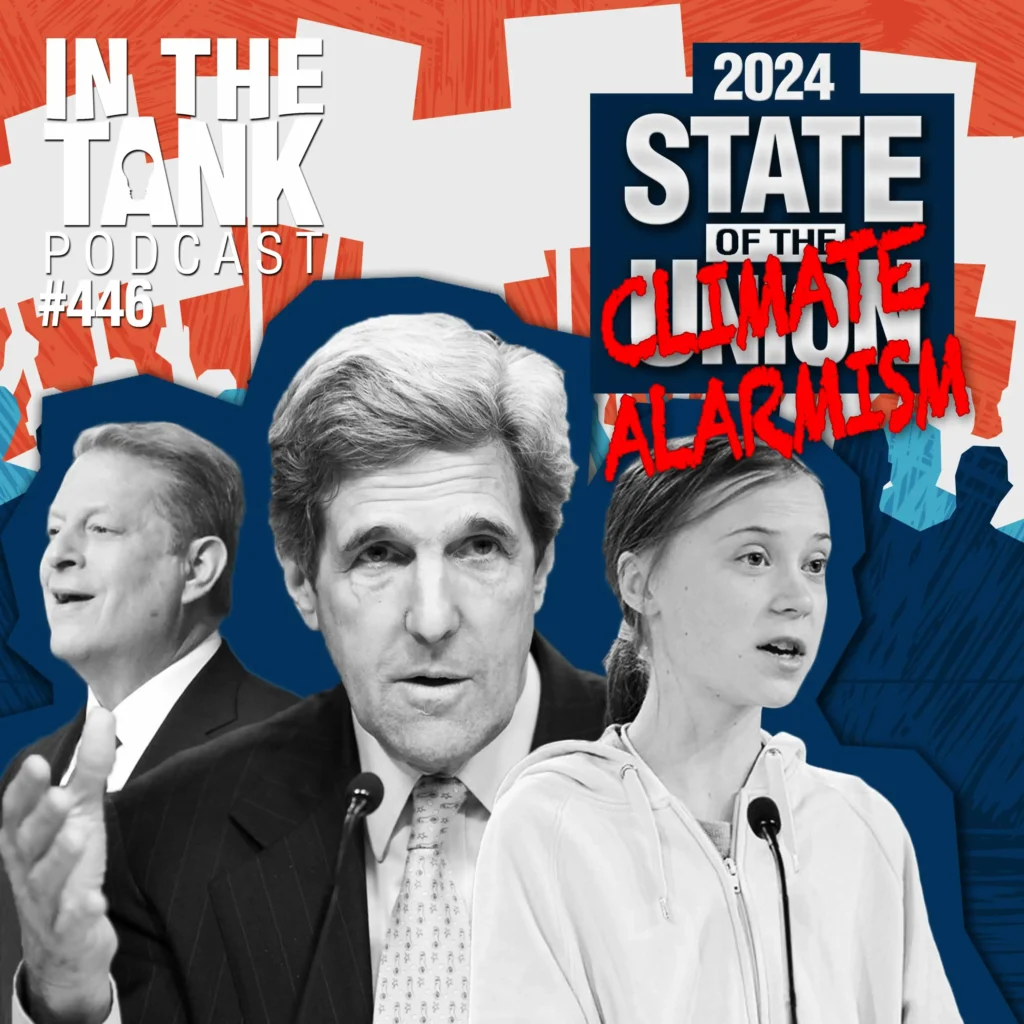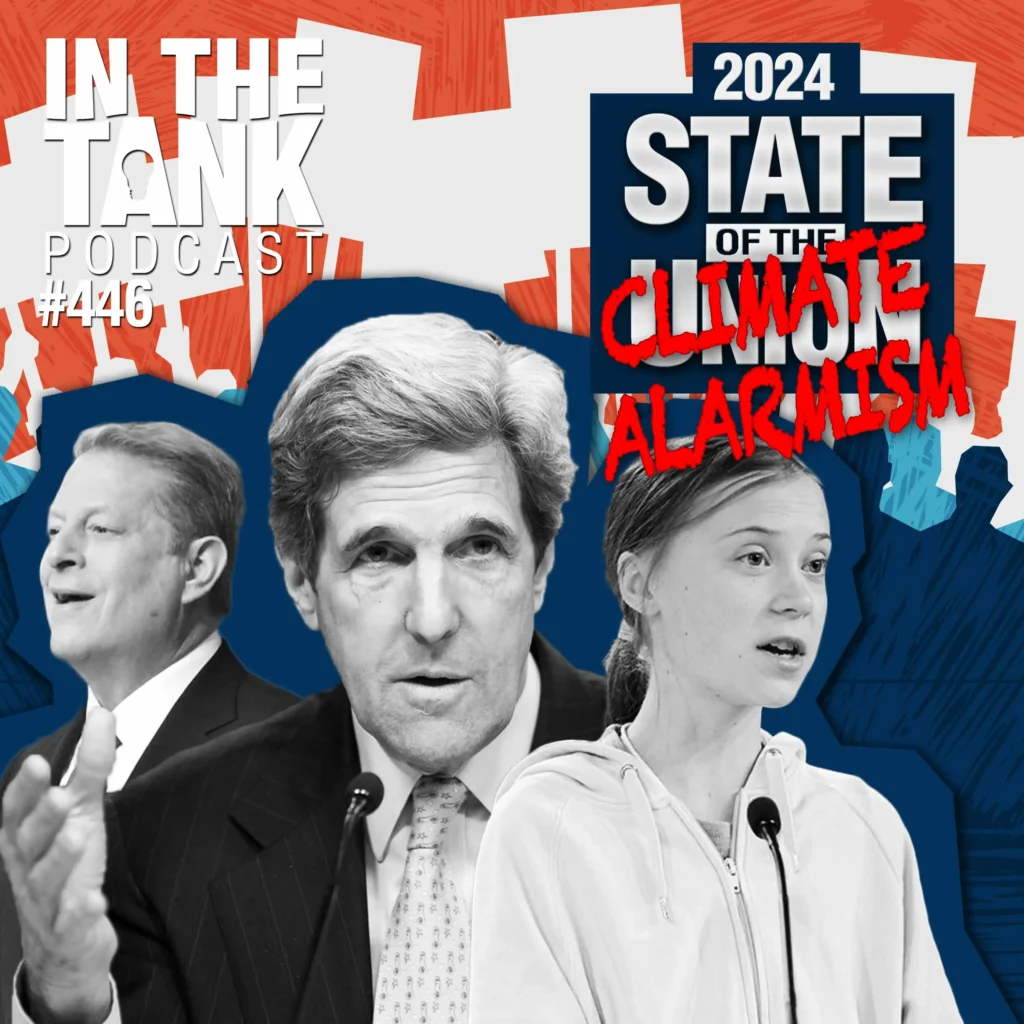The Biden administration has decided that Americans should replace their gasoline-powered cars and trucks with electric vehicles (EVs). The problem, for the Biden administration, is that most Americans do not want to buy EVs, yet; they still overwhelmingly prefer gasoline-powered vehicles as their primary mode of personal transportation.
Because the lack of organic consumer demand for EVs is becoming more apparent by the day, the Biden administration is resorting to heavy-handed tactics to “nudge” Americans away from gasoline-powered cars.
These “nudges” have come in many forms over the past few years, starting with massive federal government subsidies for the purchase of a new EV. However, because demand for EVs has hit a wall, the Biden administration is employing more draconian measures to artificially force the transition from gasoline-powered vehicles to EVs.
In late March, the Environmental Protection Agency (EPA) issued a “final rule” that the Biden administration hopes will be the final nail in the coffin for the gasoline-powered vehicle industry.
In short, the EPA’s new rule will drastically reduce the availability of new gasoline-powered vehicles over the next decade because it requires that nearly 70 percent of new vehicles sold in the United States must be EVs or hybrids by 2032. According to President Biden, “Three years ago, I set an ambitious target: that half of all new cars and trucks sold in 2030 would be zero-emission … we’ll meet my goal for 2030 and race forward in the years ahead.”
Since when does the president have the power to centrally plan the automobile industry?
Of course, the president does not possess this type of power—this is not the Soviet Union. But that has not stopped Biden from using every trick in the book to impose his EV agenda on the American people and U.S. auto manufacturers, despite the fact that EVs remain unpopular and are not ready for widespread adoption.
At present, more than 60 percent of Americans say that they “will not” or “likely will not” consider buying an EV the next time they purchase a vehicle. Most Americans do not want to buy an EV in the near future because EVs are more expensive than their gasoline-powered counterparts, EVs are less reliable than gasoline-powered vehicles in cold-weather conditions, EVs take several hours to recharge, EVs produce “range anxiety,” EVs generally cost more to repair than gasoline-powered cars, and EVs produce toxic fumes and public safety concerns when they catch on fire.
On the other hand, U.S. auto manufacturers are not inclined to produce EVs en masse because they are not profitable and sit on dealer lots, clogging up inventory. Ford Motor Company lost $4.5 billion on EVs in 2023. Likewise, General Motors lost $2.3 billion on EVs in 2023.
So, consumers don’t want to buy EVs and automakers lose billions of dollars annually producing EVs people don’t want to buy. These are what are called market signals.
Ordinarily, in a robust free-market economy, market signals are sacrosanct. But, we no longer live in a free-market economy where the laws of supply-and-demand drive markets.
In reality, we live in a crony capitalist system in which Big Government skews market signals and the laws of supply-and-demand no longer apply. Even worse, we live in a time wherein limited government, the rule of law, checks and balances, and federalism have been neutered beyond recognition.
Did Congress pass a law mandating that all new vehicles sold in the nation must be EVs or hybrids by 2032? Nope. Did the states have any say in this matter? Nope. Instead, the Biden administration used an executive branch agency to push a regulation that carries the weight of the law to prevent Americans from purchasing reliable and affordable vehicles in the future.
Make no mistake, this is not only occurring in the automobile sector. Consumer preference and demand is being deliberately subordinated and redirected throughout the economy, from household appliances to lightbulbs.
This is a very dangerous development in contemporary America, and one that must be stopped at all costs. As history as shown, very bad things happen when Big Government overrides and overrules the will of the people, particularly when it comes to economic decision-making.
Economies function best when the laws of supply-and-demand, as articulated by the personal decisions of individuals, guide the “invisible hand.” Conversely, economies fall into ruin when organic demand is ignored and replaced with centralized planning.
The American economy has been infiltrated with more centralized planning than I could have ever imagined since President Biden took office a little more than three years ago. This must be reversed as soon as possible. The United States is the most prosperous and powerful nation on earth because it has embraced free-market economics, wherein consumer demand—not government edicts—drive economic activity and unleash innovations that government simply cannot predict.
Photo by NYS DEC. Attribution-NonCommercial-NoDerivs 2.0 Generic.





